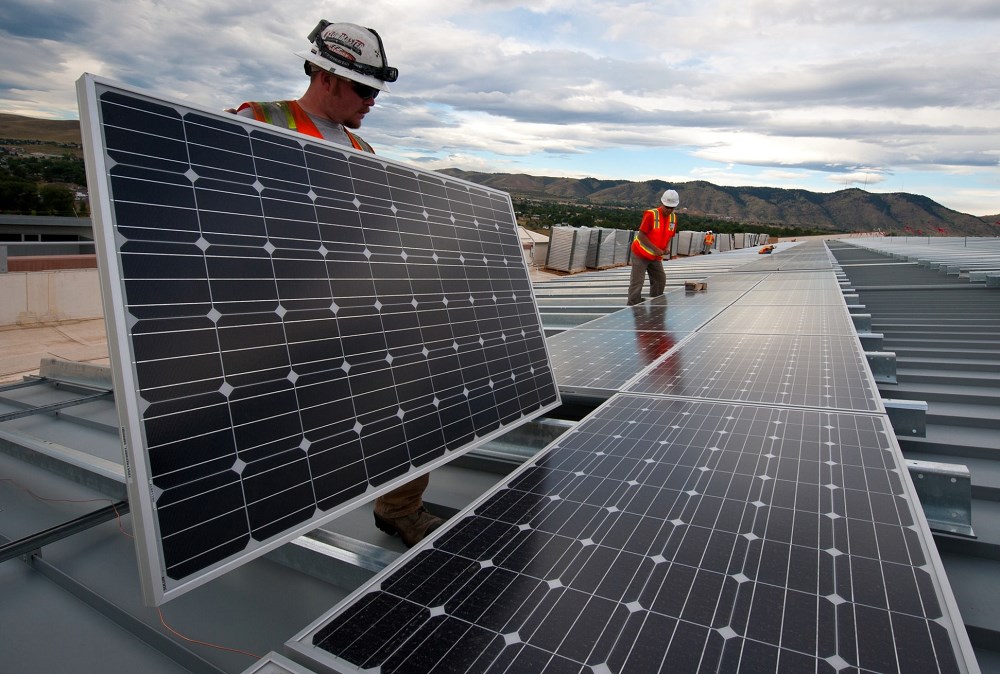
We recently initiated coverage of Enphase Energy, SolarEdge Technologies, and Shoals Technologies and assumed coverage of First Solar. Exposure to clean energy has benefited the shares of these no-moat companies, and all four are trading well above our fair value estimates.
A Leading Supplier to the Distributed Solar and Storage Market
Enphase is the world leader in microinverters, which convert direct current produced by solar panels into alternating current used by homeowners. Its primary end market is U.S. residential, which accounted for 80% of 2020 sales, but it plans to expand internationally and enter the small commercial market. We see the company in the early innings of a longer-term transition from a supplier of microinverters to a supplier of home energy systems: solar, storage, and software.
We think Enphase has a competitive advantage in its brand, but this isn’t enough to award the company a narrow moat rating. Unlike makers of other solar value chain hardware components that have already been commoditized, Enphase enjoys robust economics, with 40% gross margins and 20% GAAP operating margins. Much of this is due to the U.S. residential market benefiting from stringent safety regulations as well as Enphase’s brand with installers. Ultimately, we question whether the company will be able to keep lower-cost competition at bay to sustain excess profits beyond 10 years, which would be required to support a narrow moat rating. We believe investors must either be expecting a step change in solar installations due to government policy or think the duration of Enphase’s excess profits will be longer than our no-moat rating implies.
A Leading Provider of Clean Energy Solutions
SolarEdge is the leading supplier of solar inverters based on worldwide revenue. The company has successfully grown from an initial focus on U.S. residential to an even split between residential and commercial, with less than 50% of shipments to North America. Following its success in solar inverters, SolarEdge has expanded into adjacent markets in recent years. Recent acquisitions have focused on energy storage and electromobility opportunities. While these are large addressable markets, the company will have to prove its ability to profitably grow in these segments.
We assign SolarEdge a no-moat rating as we don’t have enough confidence that its current excess profits will continue beyond 10 years. SolarEdge’s solar business is diversified across end markets and geographies. This leads it to having lower exposure to the moaty U.S. residential solar market, which accounted for approximately 33% of 2020 revenue versus 80% for Enphase. Given the nascent stage of its storage and e-mobility businesses, we don’t view SolarEdge as having a moat in either segment at present.
We forecast five-year revenue growth of 21%, driven by rising solar installations coupled with strong growth in the storage and e-mobility segments. We see solar composing less than 70% of 2020 revenue versus more than 90% in 2020.
A Market Leader in Electrical Balance of Systems
Shoals is the leading supplier of electrical balance of systems, or EBOS, to ground-mount solar projects in the United States. EBOS is a lesser-known segment of solar because it generally accounts for only 5% of a project’s cost. However, installation costs have proved problematic and can be greater than the costs of components. Shoals has built a market-leading position with its big lead assembly solution, which has been shown to lower installation costs for customers.
In the near term, we expect the company to continue to expand its market share, which is 30% and growing, and benefit from new products and increasing wallet size, such as solar plus storage. Longer term, Shoals plans to expand internationally (non-U.S. revenue was 1% of 2020 sales) and enter the electric vehicle charging market, which is plagued by similarly high installation costs.
We assign a no-moat rating to Shoals as we lack confidence that the company can sustain its elevated profitability over the long term. While the company is a leader in innovation, we do not see meaningful intellectual property that would keep competitors from replicating its products’ advantages over time. In addition, we do not see material switching costs for Shoals’ highly concentrated customer base. Two customers accounted for 40% of 2020 revenue.
A Solar Module Supplier That Plans to Double Capacity by 2025
First Solar has maintained a position within the top 10 solar module suppliers globally despite a fiercely competitive industry backdrop over the past decade. The company is the only top-10 supplier domiciled in the Western Hemisphere, and it’s the only large-scale thin film supplier in a global market dominated by crystalline silicon competitors based in Asia.
First Solar exited the North American development and operations and maintenance businesses earlier this year, pivoting the company back to its roots as a module supplier. Additionally, the company has narrowed its end markets to focus on the U.S. and India, which represent 70% and 20% of its booking opportunities, respectively. We think a targeted strategy makes sense to focus on markets where First Solar enjoys its strongest relative position, in part due to trade policies.
We are maintaining our no-moat rating as we continue to view the solar module business as highly commoditized and competing primarily on price. However, we have upgraded our moat trend rating to positive from stable, as we see crystalline silicon competitors facing sustained cost pressures from trade policies (like tariffs) and increased ethical labor concerns, benefiting First Solar’s relative cost position.






















